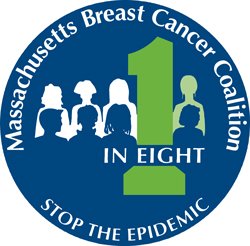Let’s Talk Prevention: A New Discussion Tool for Health Professionals and Patients to Reduce Toxic Exposures
Living a healthy lifestyle through proper diet, exercise, and limiting alcohol and tobacco use is important, but these important health initiatives will not reduce the burden of environmentally linked diseases. Additional changes must be made to reduce exposure to chemicals linked with health consequences including cancer, birth defects, reproductive problems, and more. The Massachusetts … Read more


